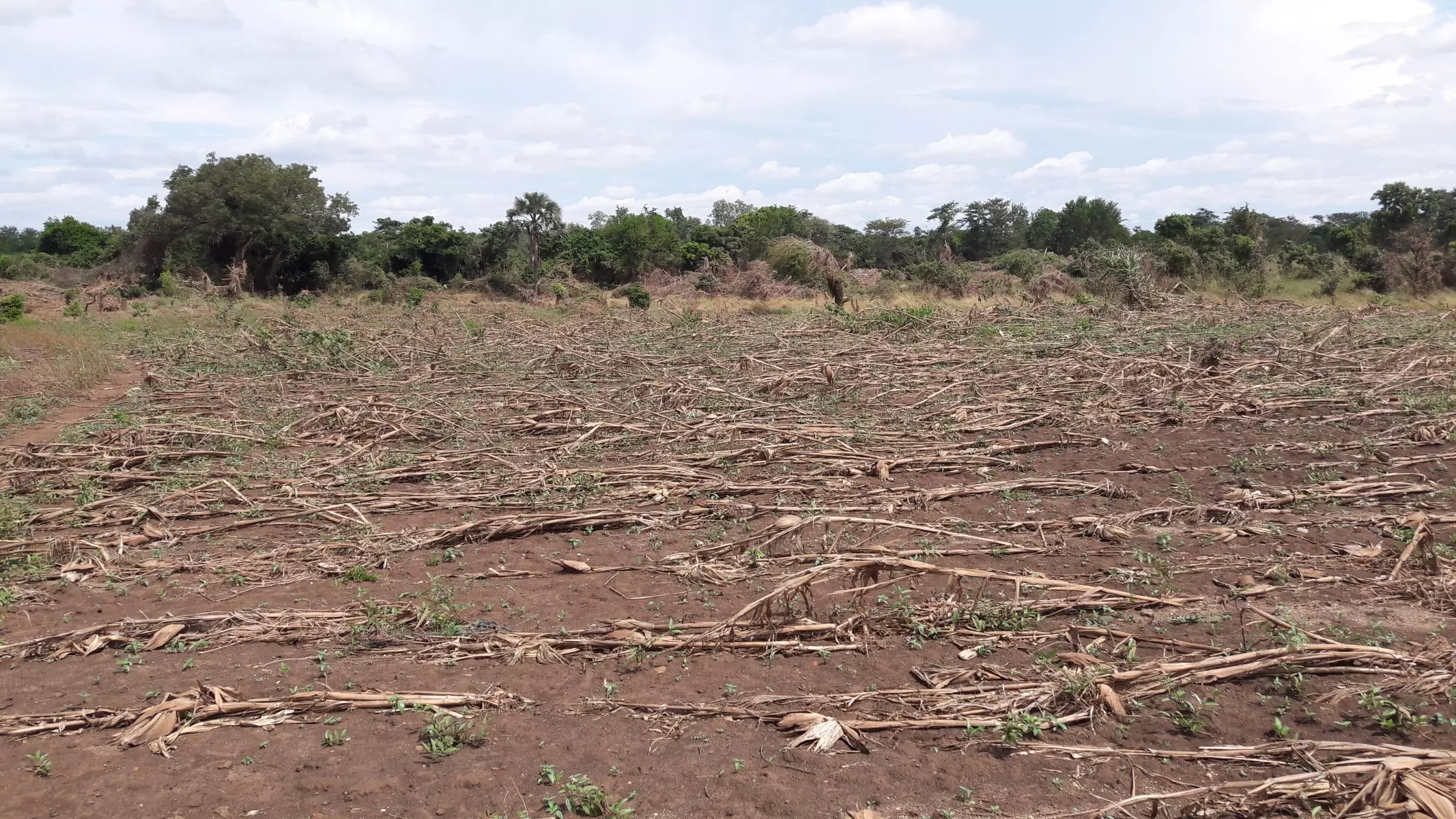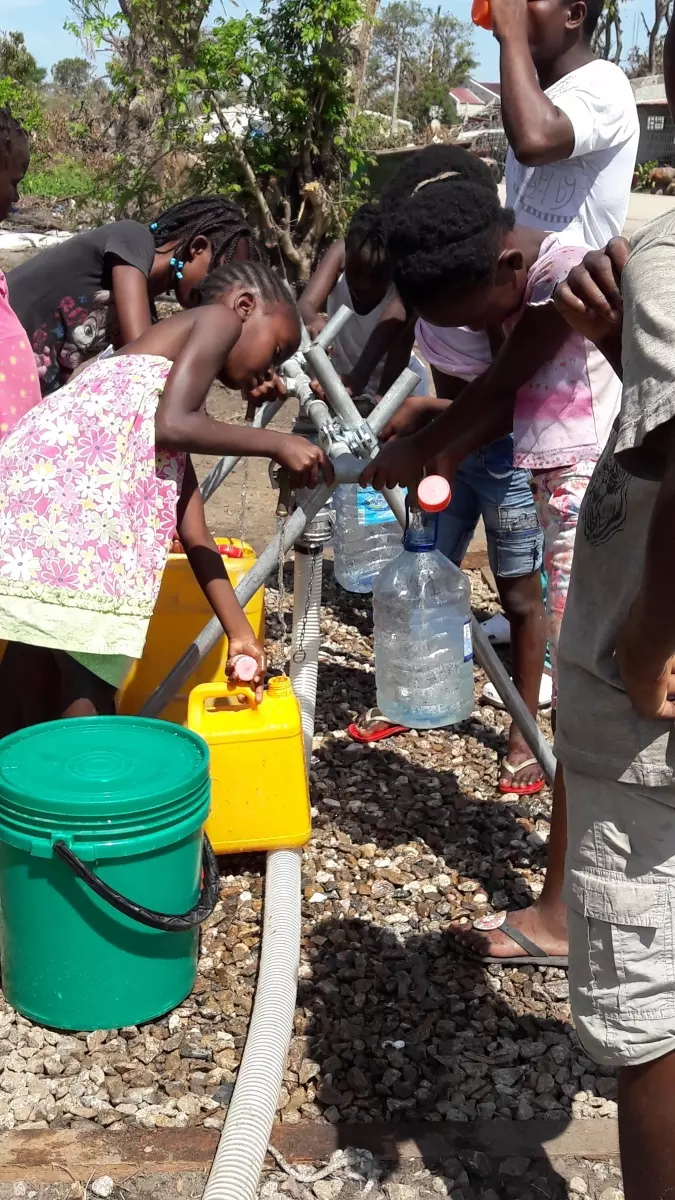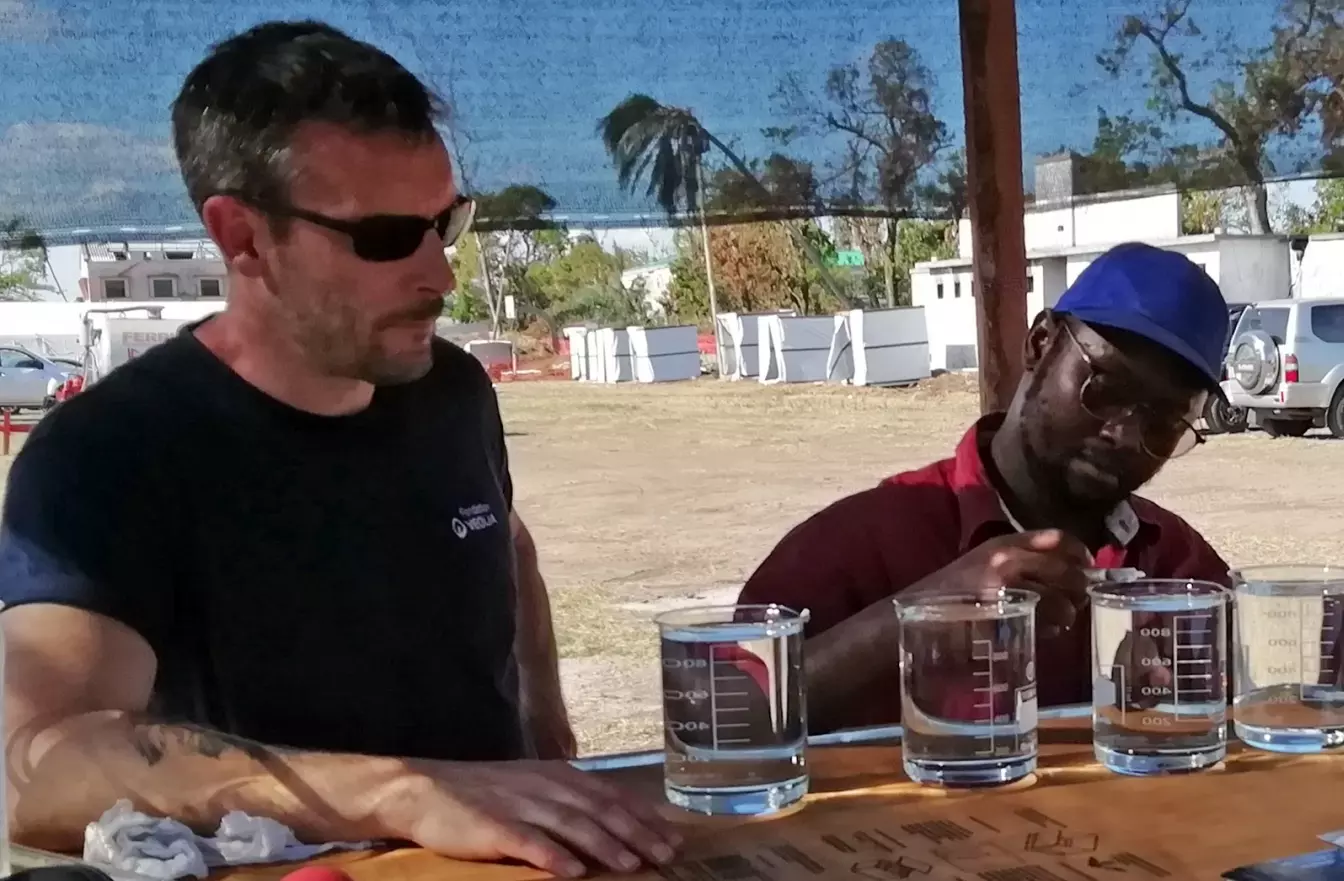
You left in early April as part of the second wave of Veoliaforce volunteers after Cyclone Idai hit Mozambique. What were your first impressions on the ground?
Sylvain Delage: It was both surprising because we didn't really know what to expect, yet everything also seemed quite organised. I didn't know who was going to greet me in Beira but I followed my luggage which a driver had loaded into a MSF car. This was followed by a briefing with the NGO's teams (the NGO is a Veolia Foundation partner), and then we were very swiftly on the ground. We slotted into fluid processes despite being in a humanitarian emergency context.

In Beira and then Dombé, you operated the Aquaforces, the mobile water production units designed by the Veolia Foundation, and trained staff to use them.
SD: Yes, the first wave of Veoliaforce volunteers deployed the equipment and those, like me, who came on the second wave, operated the units and prepared the Aquaforces for life after our departure. With Julien de Sousa in Beira and Camille Beaupin in Dombé, we trained MSF staff and local volunteers so that water production could continue after we all left.
You worked in an urban area in Beira and in Dombé in the rural region of Manica. What is life like for the communities hit by Cyclone Idai?
SD: Things are very different depending on the environment. Rebuilding has begun in Beira and there are lots of people in the markets, people have smiles on their faces, and their resilience is coming to the fore. The atmosphere is completely different in the rural areas. People have nothing left: they are hungry, they flag you down at the roadside, tell you about spending three days perched in the trees waiting for the water levels to go down. The climate is also more challenging and the living conditions for Veoliaforce volunteers are basic: no water or power...we had to acclimatize to it.

How did you find returning home after three weeks away?
SD: A Veoliaforce volunteer assignment is first and foremost an enormous amount of visual information to take in. The days are packed and you have to constantly pay the utmost attention. You come back to a more normal pace of life. As for me, all I need is a good night's sleep and I am ready to go! My colleagues were curious about what I had been doing for three weeks, so I prepared a report, with lots of photos, to tell them about it.
Interview by Veolia Foundation.

